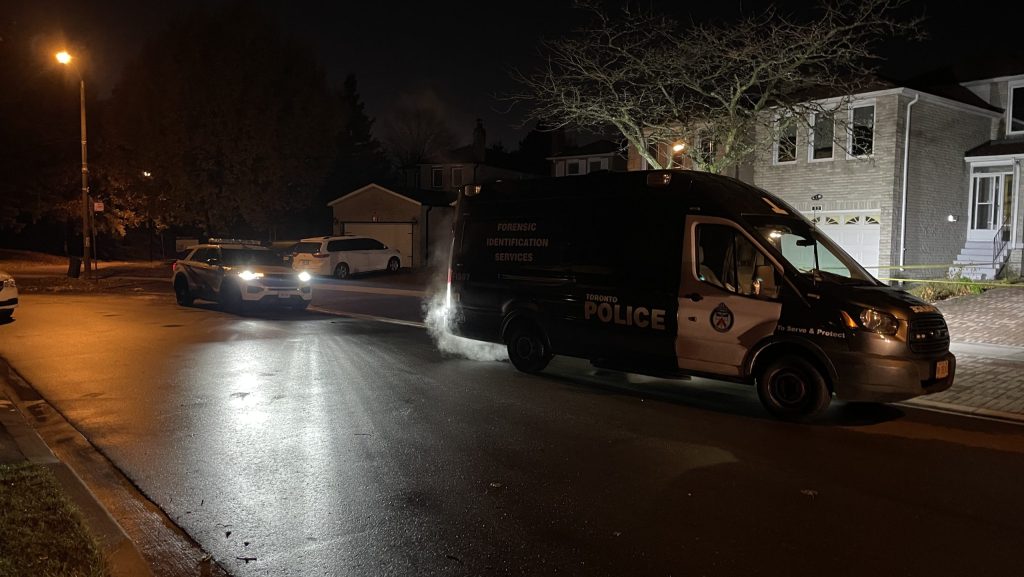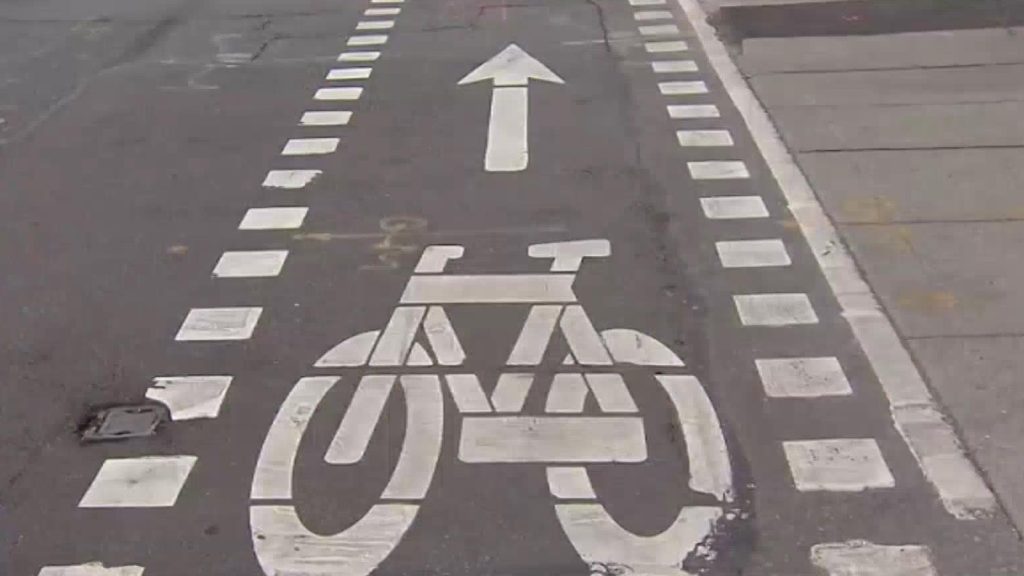Safe as necessary, not safe as possible: new recommendations on children’s ‘risky play’

Posted January 25, 2024 10:06 am.
Last Updated January 25, 2024 12:39 pm.
Carving a stick, climbing a tall tree, balancing on the monkey bars — the latest recommendation on children’s “risky play” shows just how good it can be for kids.
The Canadian Paediatric Society has released new guidance for unstructured, outdoor play for children, emphasizing how important risky play can be for their health and wellbeing.
“Children should be kept as safe as necessary during play, not as safe as possible,” said Dr. Emilie Beaulieu, author of the CPS guidance document and a paediatrician in Quebec City.
The report finds risky play can improve physical, mental, and social health, and help prevent or manage health conditions like obesity, anxiety, and behavioural issues.
“During risky play, children learn to recognize and evaluate challenges, which will in turn help them develop confidence in their decisions and abilities. Risky play can also help children with disabilities develop autonomy and reduce social exclusion,” read a release from the CPS.
The report says you have to know your child’s individual abilities and confidence but the thrill and uncertainty of playing at heights, speeds, or with impacts are beneficial, as are supervised activities involving an axe, saw, knife, hammer, or ropes such as building a fort or whittling.
The authors also talk about activities near water and fire, letting kids recognize risk, experience risk and learn how to manage it.
The report points out risky play does not involve ignoring safety measures, leaving children unsupervised in hazardous areas, or pushing children to take risks outside their comfort levels, adding it is important adults continue to be aware of hazards and be ready to intervene if the potential for harm is greater than the child’s capacity to recognize and manage the risk.
“Restrictive rules about play at home, daycare or school have impacted public health. Safety is important, but there needs to be a more balanced approach when it comes to precaution,” said Dr. Beaulieu.








